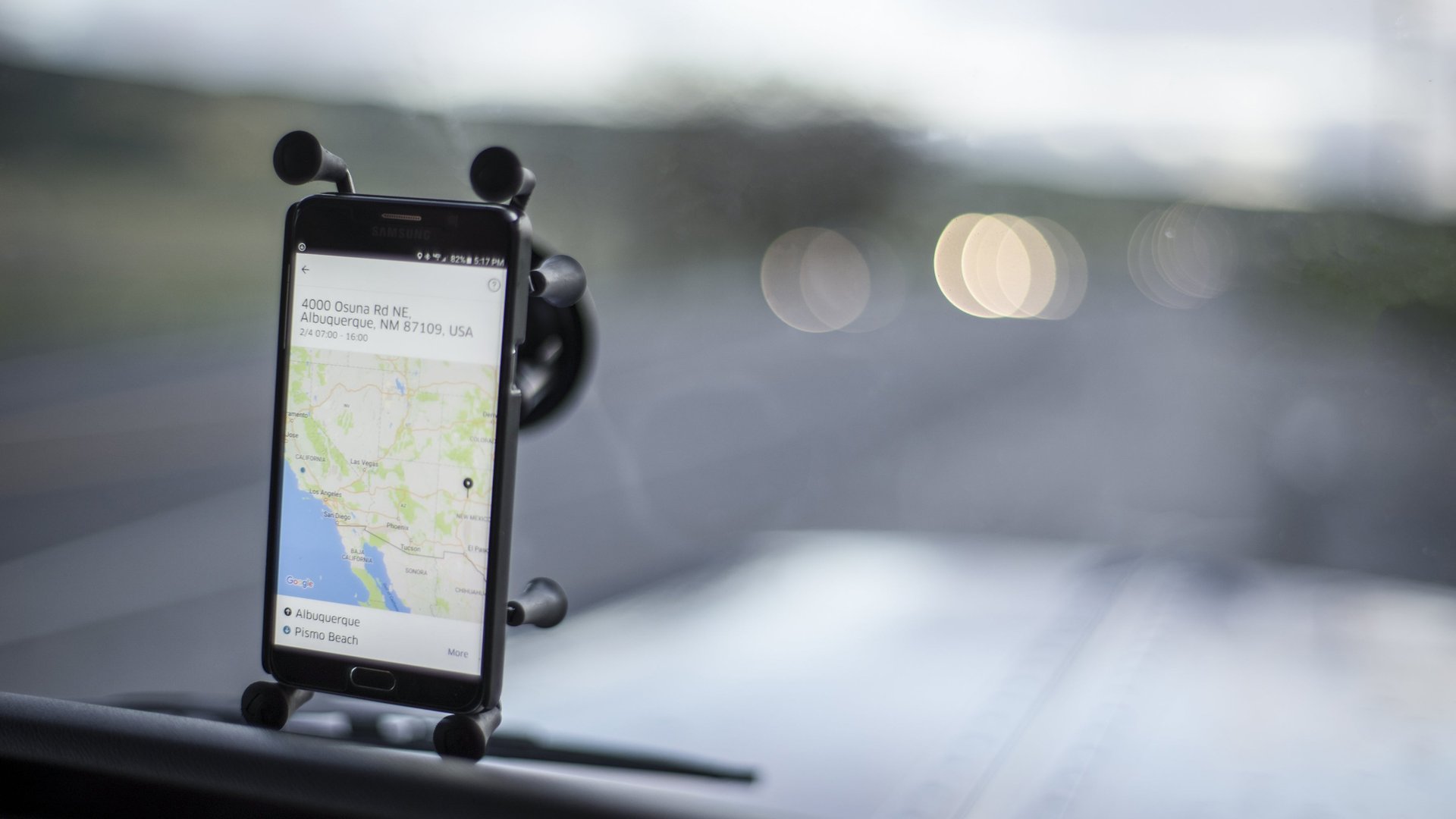Uber—which is anti-union and wants to automate trucking—launched a platform for truckers
Today Uber officially launched Uber Freight, a trucking service that, much like its popular ride-hailing app, aims to connect companies that need goods trucked across the US with available drivers.


Today Uber officially launched Uber Freight, a trucking service that, much like its popular ride-hailing app, aims to connect companies that need goods trucked across the US with available drivers.
In a blog post, Uber said that its new service hopes to reduce the friction that many truck drivers currently experience hauling goods—from getting paid in under seven days (instead of the usual 30-90 days many truckers now have to wait), to removing the need to negotiate with companies over rates. Uber brought upfront pricing to its main car hailing app in 2016, enabling algorithms to use a variety of factors including demand for rides to set a fixed price when someone requests a ride. It plans the same thing with its trucking service, ensuring truckers know exactly how much they’re going to be paid for a job when they accept it.
Most of Uber’s trucking jobs currently are based out of Texas, but the company said it plans to expand across the US. On Uber Freight’s website, the company says that it’s ”in it for the long haul.” Pun aside, the company seems to suggest that it wants to be a partner for truckers. ”We are here to move the trucking industry forward, today and tomorrow,” it adds. But the company has spent years fighting its drivers’ unionizing, or even considering them actual employees of the company, saving them as much as 30% in labor costs. So it seems unlikely that it would treat truckers any differently than those who have driven for them to date.
Uber also acquired Otto, a startup aiming to develop practical self-driving trucks, last year, to both aid in the development of its own autonomous-car research, and to potentially help it one day launch an automated trucking service. The company has already completed deliveries for Budweiser in Colorado. Otto’s founder, Anthony Levandowski, came from Google, where he helped launched the company’s self-driving car program.
That program’s successor, Waymo, has since accused Levandowski of stealing thousands of files on the technology behind its self-driving cars, taking them with him to Otto, and subsequently to Uber. Waymo sued Uber after it found out about the alleged pilfering, and Uber recently suspended Levandowski from working on the laser-radar technology it uses in its self-driving vehicles. Waymo’s dispute with Uber is very likely headed for a public trial, as Quartz previously reported.
Assuming the Waymo lawsuit doesn’t completely decimate Uber’s autonomous research capabilities, why would a trucker be inclined to sign up for a service that seemingly does not have their best interests at heart, and ultimately would like to replace them with a robot? Some early reviews on Uber Frieght’s Android app seem to suggest truckers may be tough to convince. One reviewer left a one-star review, adding: “Not a place for Uber. Freight is way more complex than giving someone a ride home from the bar. Stick to what you know and leave freight to the pros.”